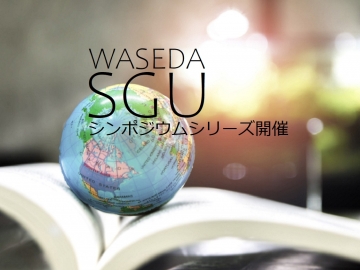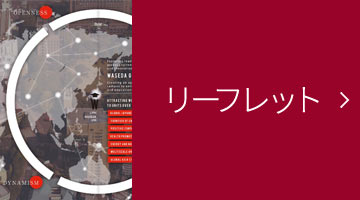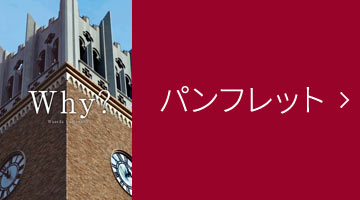2019年10月30日、早稲田大学政治経済学術院・多湖研究室は早稲田大学スーパーグローバル大学創成支援事業実証政治経済学拠点とともに、ウプサラ大学のKristine Eck准教授をお迎えし「CROP-IT ワークショップ」を開催いたします。
フライヤーはこちら
https://waseda.box.com/s/nbyu84fpbkg1tyiv11p83sfsjzx7gmpr
【日時】10月30日(水) 14:00~15:30
【場所】早稲田大学 3号館10階第一会議室
【言語】 英語
【対象】早稲田大学学部生、大学院生、教職員、一般
【事前申込】不要
【発表者】ウプサラ大学 Kristine Eck准教授
【タイトル】Military Professionalization and the Colonial Legacy of British Military Training
【要旨】
Which effect did colonial practices have on countries after independence? There is a robust literature which finds that colonial legacies live on in the political, social, and economic institutions and practices of former territories after they have gained independence. There is little research, however, which examines whether colonialism impacted national militaries. In this paper, we disentangle two components of military professionalization and study their connection: military training and institutional specialization. We do so in the context of the UK and its colonial territories, which received varying levels of training at the metropole prior to and directly after decolonization. We argue that the more officer cadets that were sent for training in the UK, the more likely the national military was to develop organizational specialization within its force. Our theoretical story builds on the idea that the training that foreign cadets received in the UK taught them norms regarding how to conceive of a modern army, and that these officers in turn exported ideas about force specialization to their national militaries, resulting in a more sophisticated force composition. We test this argument using new archival data on training of foreign cadets at the Royal Military Academy of Sandhurst (RMAS), the elite officer training school in the UK, for the period 1948-1971. This project brings together and contributes to two different strands of literature: colonial legacies and military professionalization. Theoretically, we provide a new argument that centers the military and the effect of colonial training inputs on its organization. We also specify a novel conceptualization of military professionalization which focuses on force composition and specialisation. We bring new data to bear on both of these concepts. This work is relevant for scholars of (post-) colonialism, security studies, as well as those interested in institutional development and capacity.
【問合せ】 政治経済学術院 多湖淳研究室 [email protected]
【共催】 早稲田大学スーパーグローバル大学創成支援事業実証政治経済学拠点









